





















Are you interested in the responsible management of our natural resources and the environment?
Do you wish to develop your knowledge of conservation, climate change, and sustainability?


Do you have a desire to address real-life changes to the planet and improve the impact of human societies on the environment?
Maybe you wish to take a stand against big multinational companies rinsing the Earth’s natural resources?
Then Environmental Management is the course for you!
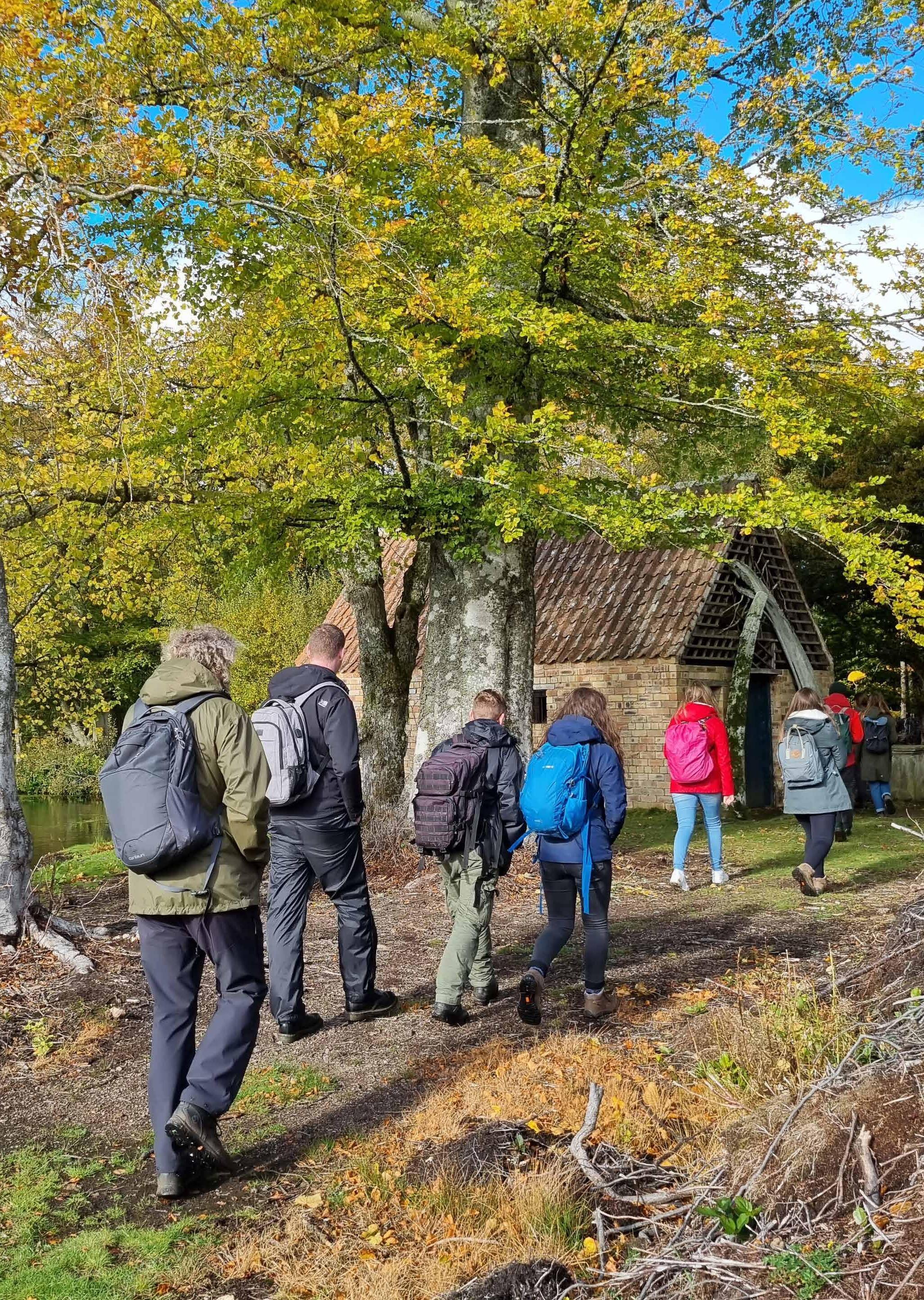
Environmental Management is a fascinating course that combines a myriad of skills – from the creative and engaging classes to the technical skills acquired in lab work, to the varied field trips taken to put the theoretical knowledge gained into practice.
Environmental Management is a discipline that requires attention to detail, environmental law knowledge, technical competence and an ability to see the bigger picture. It is a profession that has a huge importance to the future of our world and can be applied from the smallest local areas to entire ecosystems.
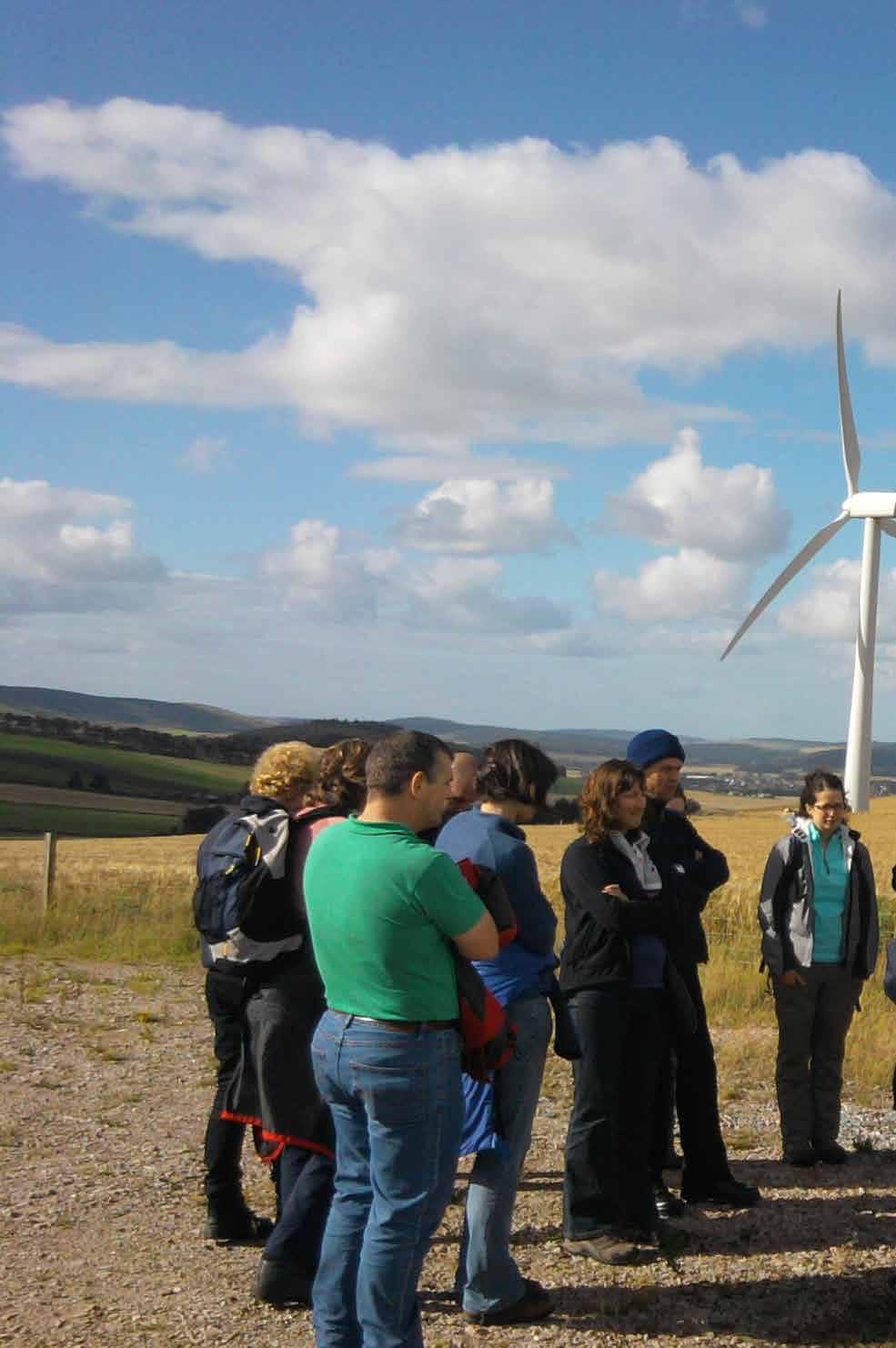
The courses offered by SRUC approach Environmental Management very firmly from the perspective of developing a strong appreciation, understanding and knowledge of the natural world.
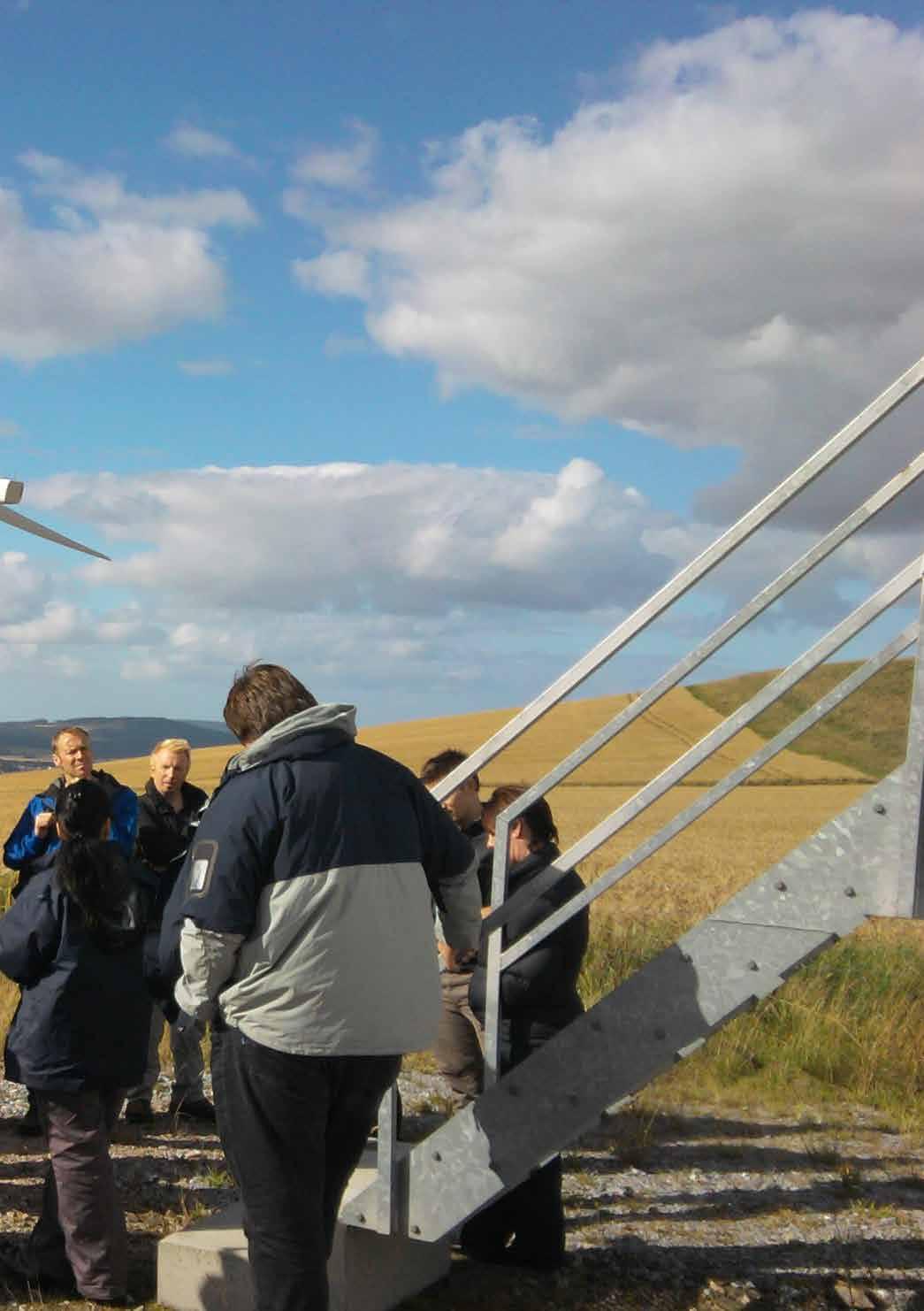
“You will be taught by highly experienced staff with extensive land-based industry experience.”
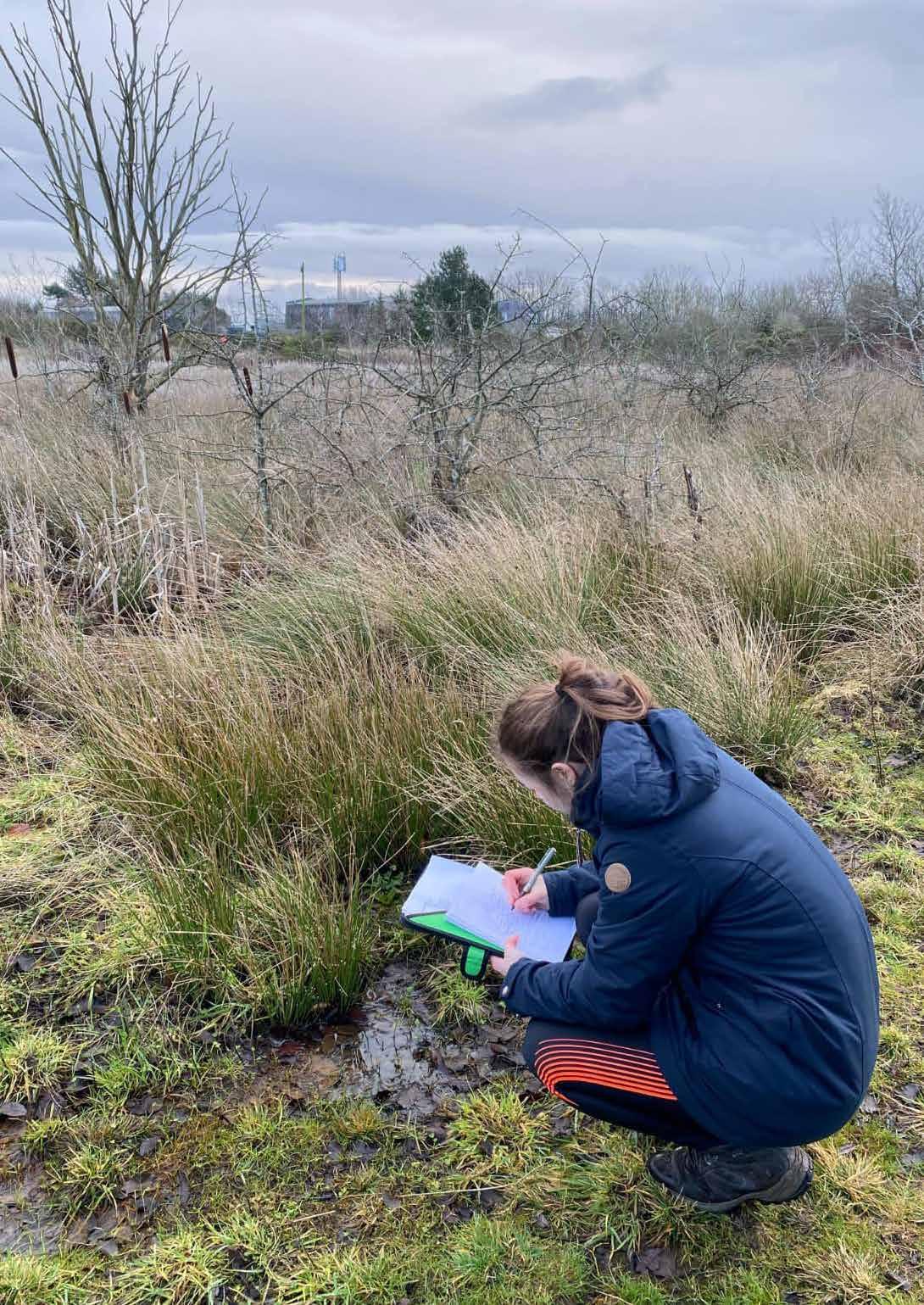
Progression courses:
• HNC / HND Environmental Management
• NC Countryside Management
4 Highers at BBCC / 3 A-Levels at BCC to include a science or Geography
National 5 (A-C) or equivalent pass in English and Maths.
Entry into Year 2 or 3 is possible with an appropriate HNC/D, foundation degree, or similar qualification.
This course is available full-time and part-time.
www.sruc.ac.uk/environment
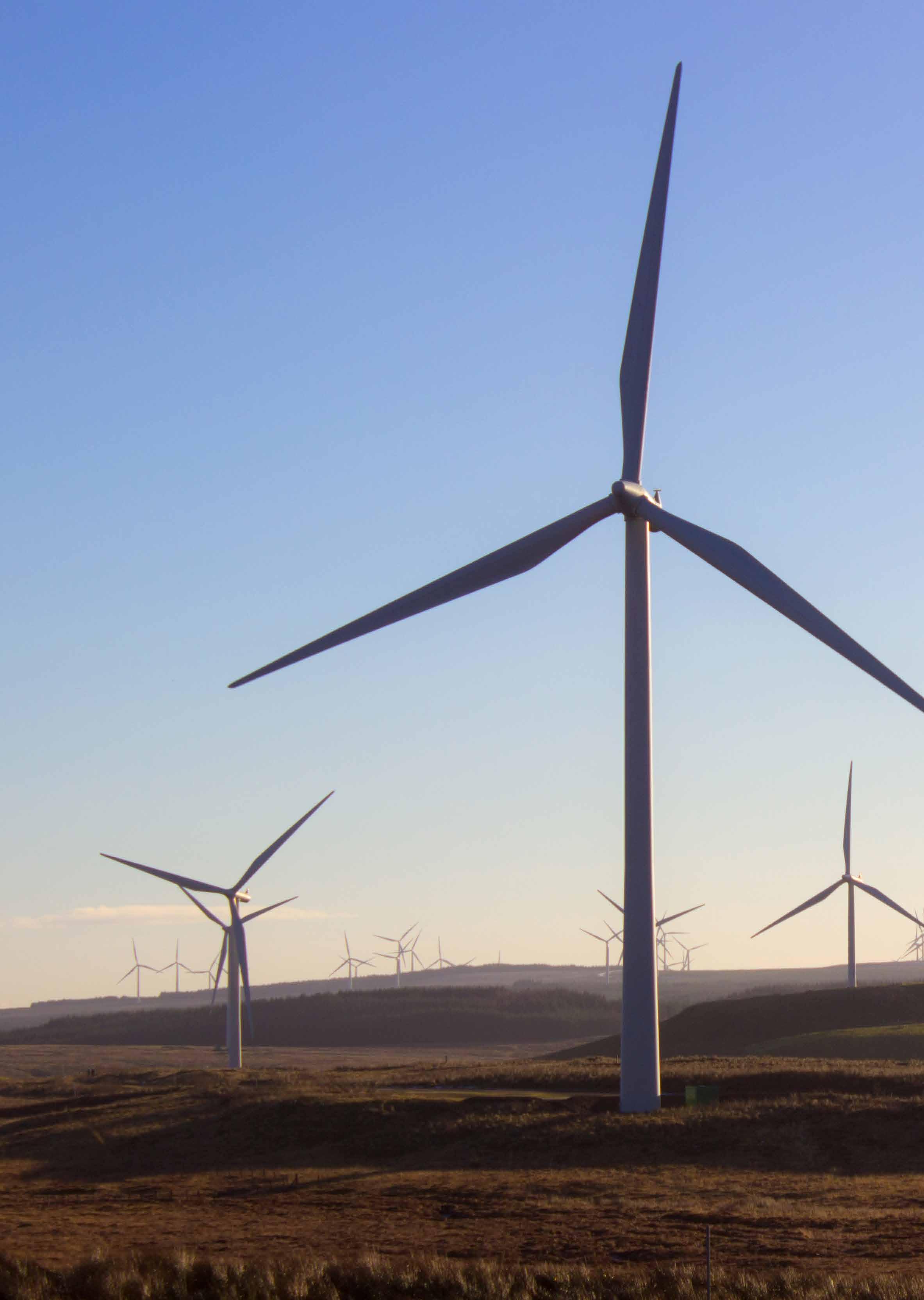
Please
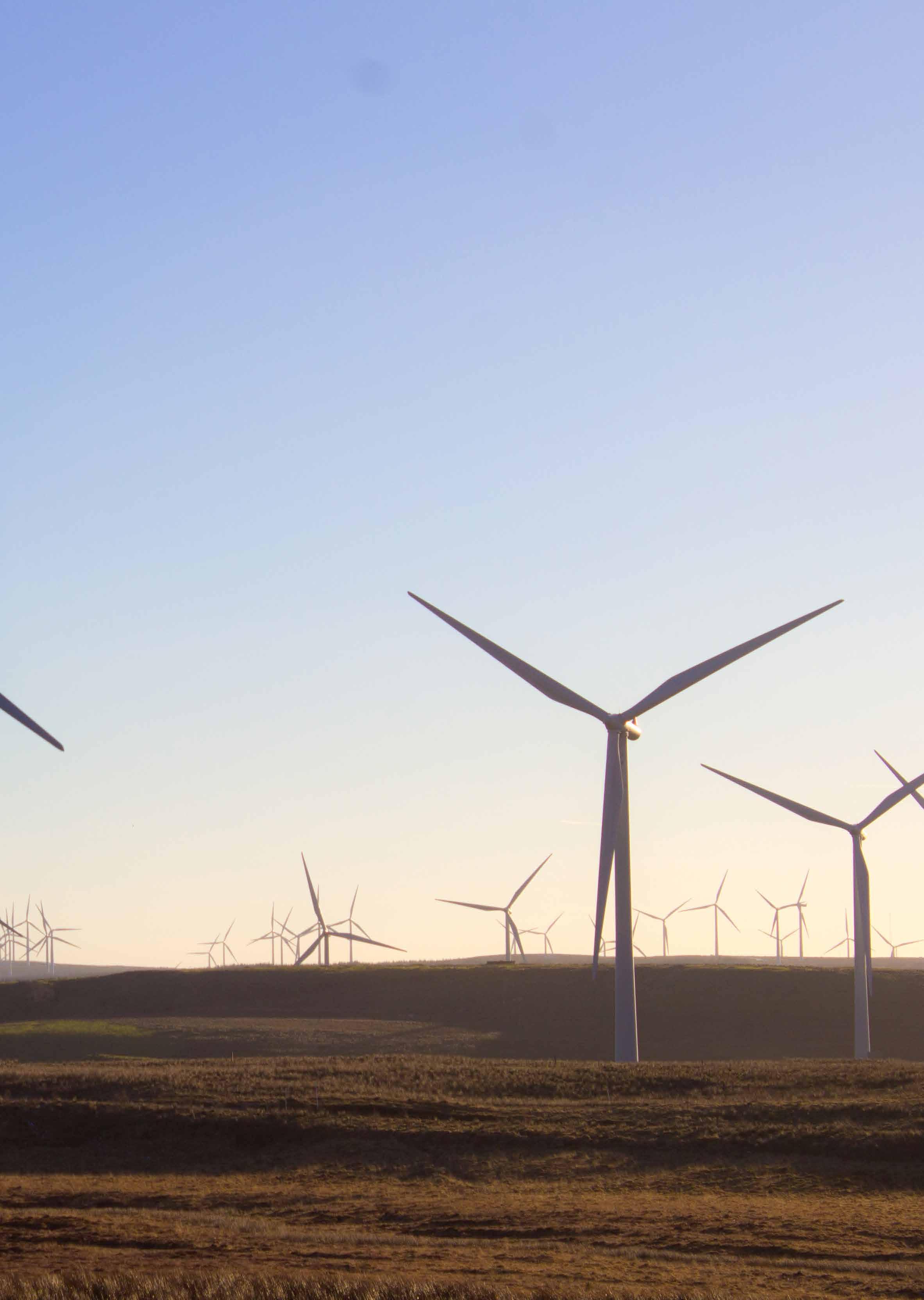
“The integrated approach to education gives me

This course gives you the skills and awareness required to practice working in a variety of settings, from rivers, fields and forests to National Parks. With strong industry links you will gain first-rate knowledge and practical experience.
In the first two years of the degree you will study the fundamentals of environmental management. Year three builds upon the knowledge developed in these initial years, while you can begin to really find your own path from our wide range of elective modules. In the final year, students will research a topic of their own choosing to complete their honours project.
Class sizes are not large, supporting you getting to know your lecturers and course mates quickly. Staff are friendly and accessible both in lectures and tutorials, and you have regular meetings with your Year Tutor.
Tailor the course to your interests with a wide range of optional modules.
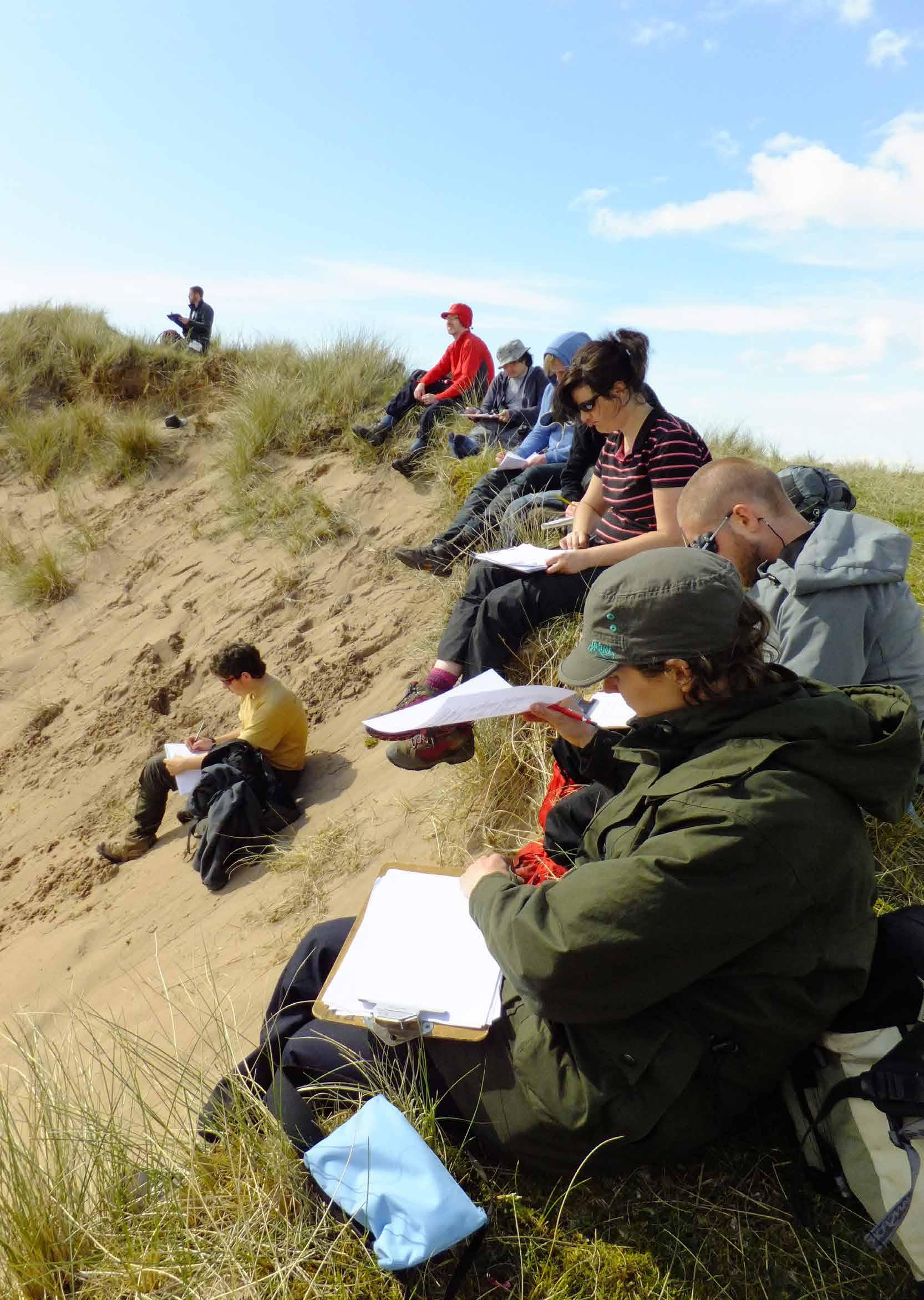
Environmental students are out and about very frequently throughout their course. Here is an example of a study visit undertaken by fourth year students.
Students visited EDFs Torness nuclear power station. The group enjoyed a guided tour of the facility and enjoyed in depth discussions about the environmental impacts of the site with the tour guides as well as one of the environmental management team.
Discussions ranged from the prevention of radioactive pollution, to rescue of marine animals which entered the cooling system, to the sustainable sourcing of uranium for the plant and the overall benefits of nuclear power for energy provision.
Residential field trips are also offered in the UK and are aligned with skills-based modules to gain applied skills and expand on your practical experience.

YEARS 1 AND 2
• 14 modules per year
• Half day contact time per week per module
• Mix of assessment methods: posters; presentations; essays; seminars; and in class tests
YEARS 3 AND 4
• 8 modules per year
• Half day contact time per week per module
• Greater range of assessment methods including infographics, case-studies, and research policy briefs placing bigger emphasis on developing academic industry and research skills, finishing with the Honours project in 4th year
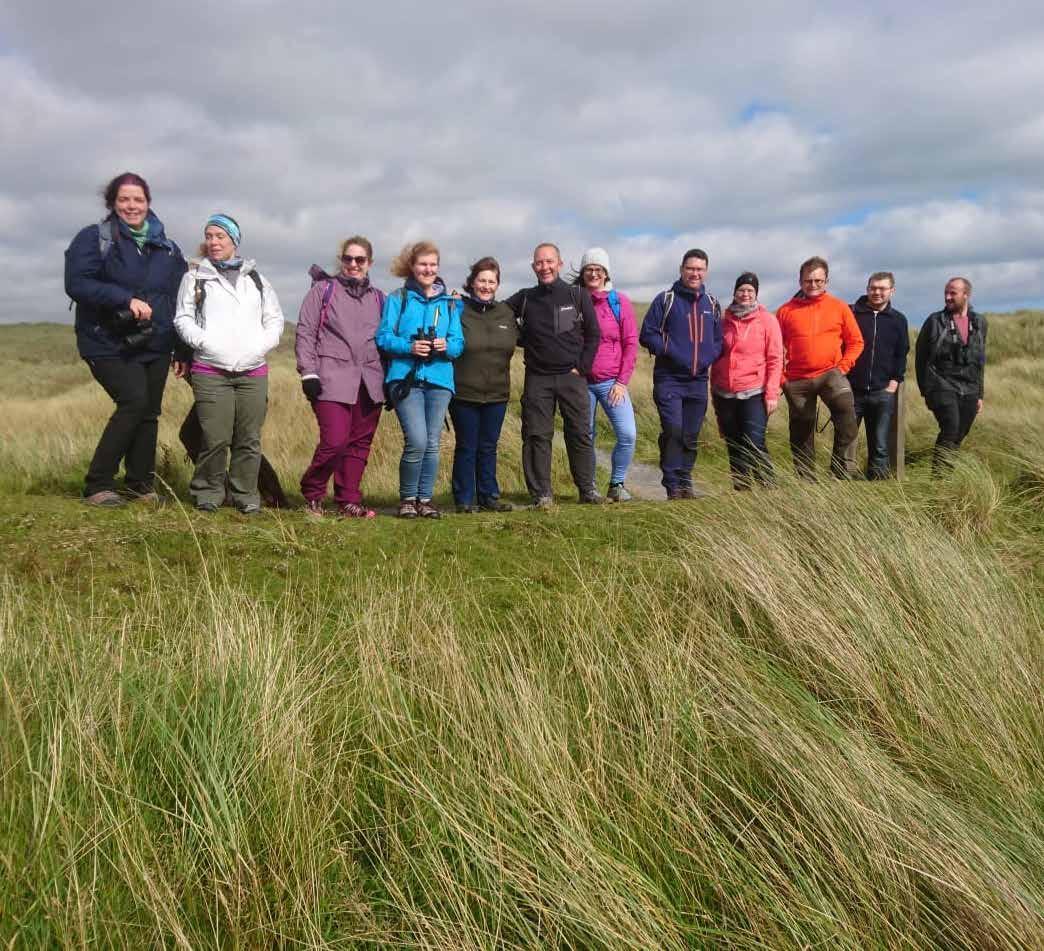
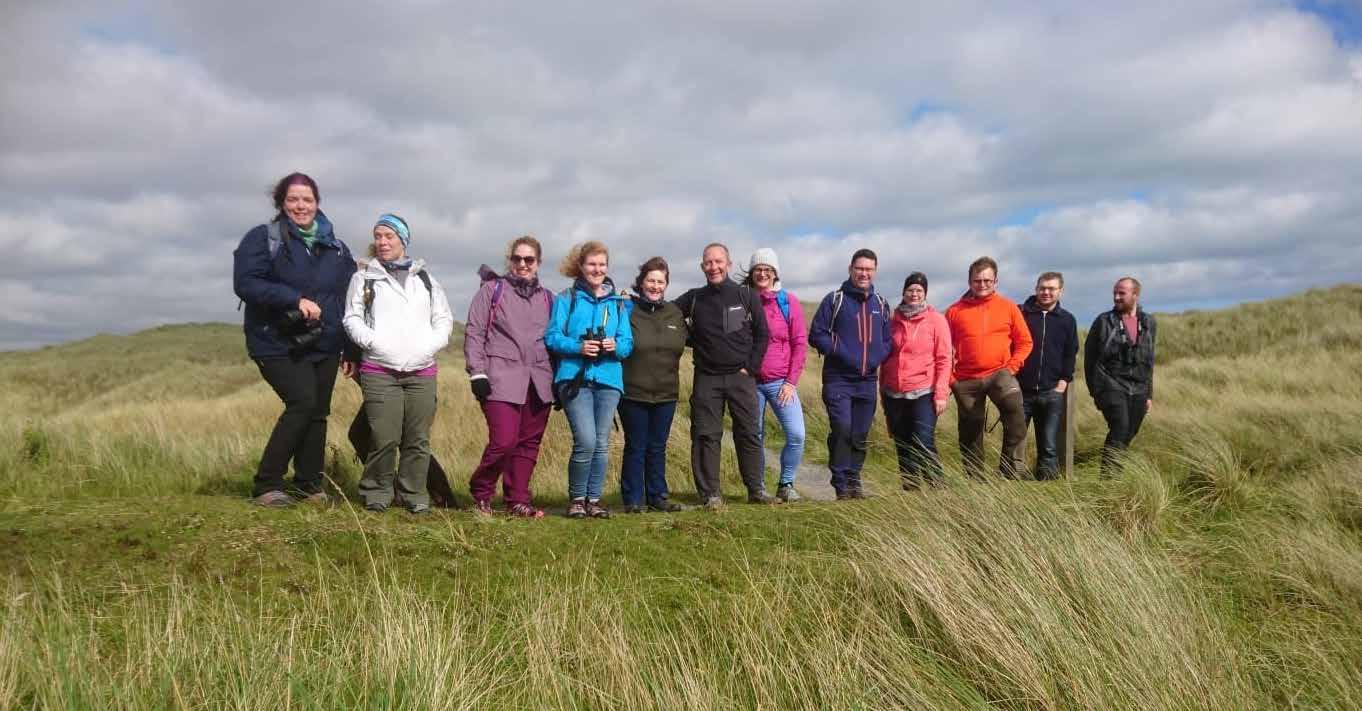
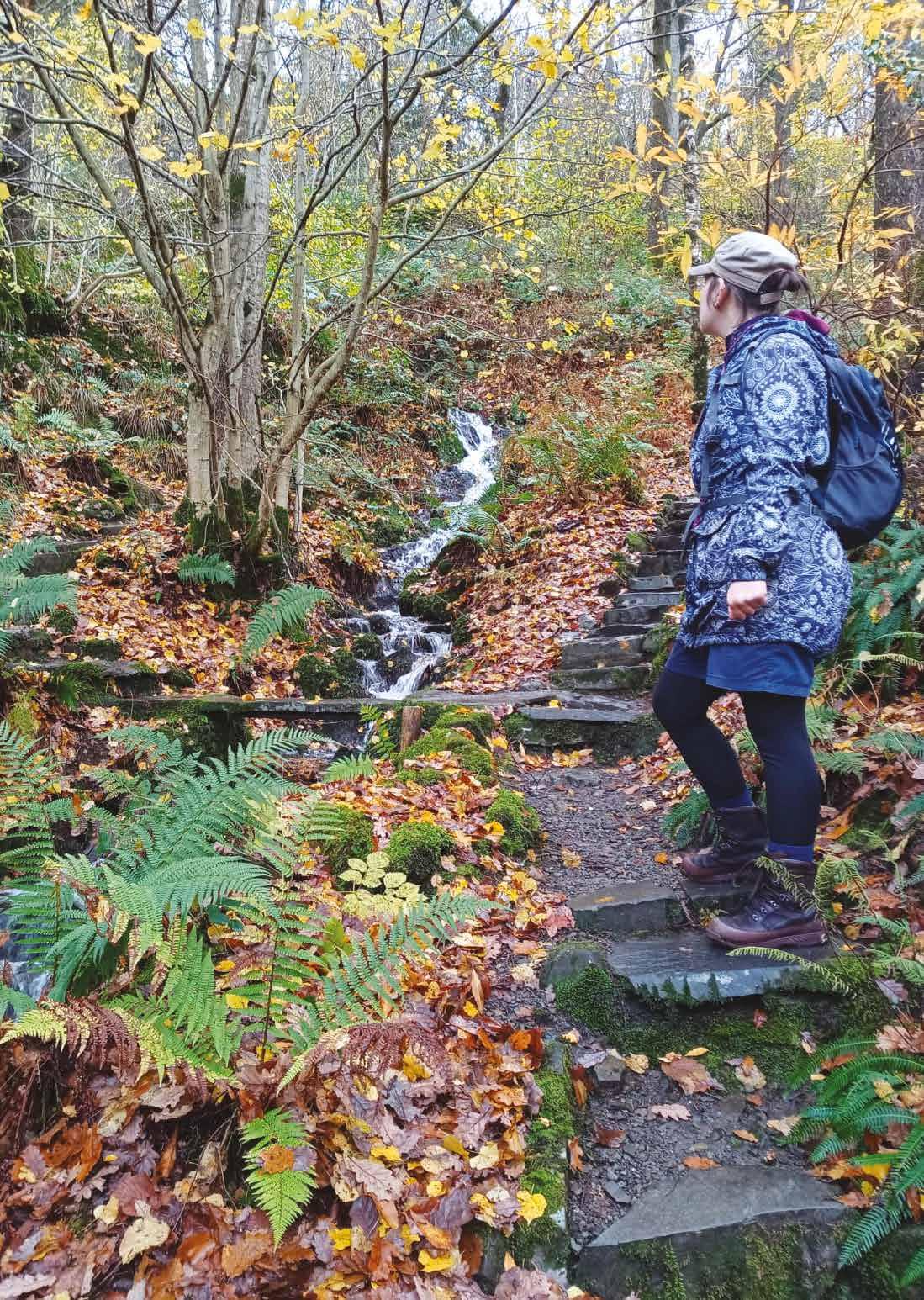
Fieldwork and industry site visits or guest speakers are a key part of this programme. Visits and speakers are mixed and varied as we aim to give our students a wide range of scenarios to further their understanding.
You will also learn to appraise and evaluate the current principles and practice of sustainable development including assessment of risk of projects from environmental, ecological, and socioeconomic perspectives.
You will apply industry recognised theoretical and empirical methods to holistically address key national and international environmental issues.
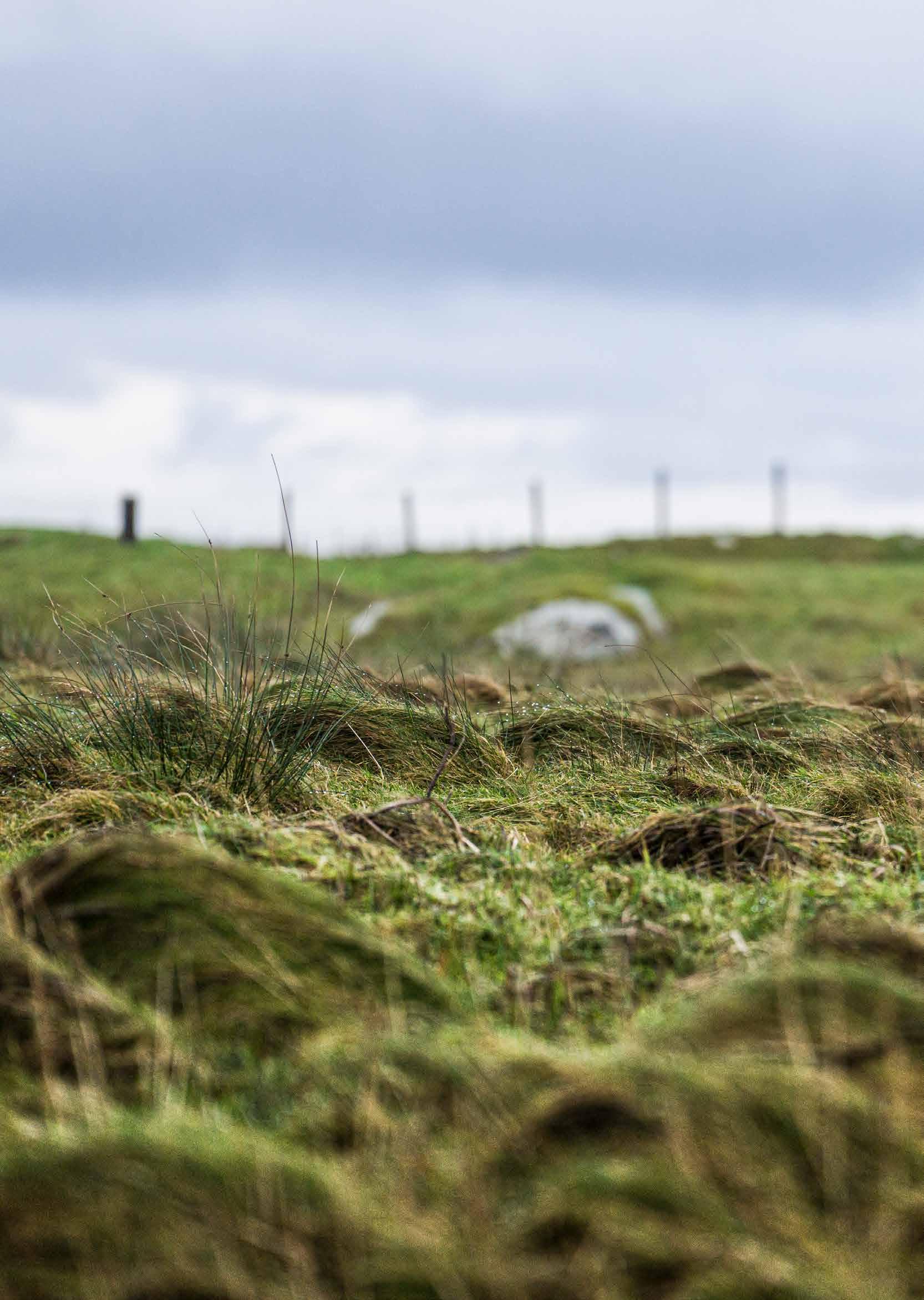
Our courses are practically based with many activities, visits and classes at our campus base. These are supported by engaging online activities and learning materials using a range of technologies to support varied learning needs.

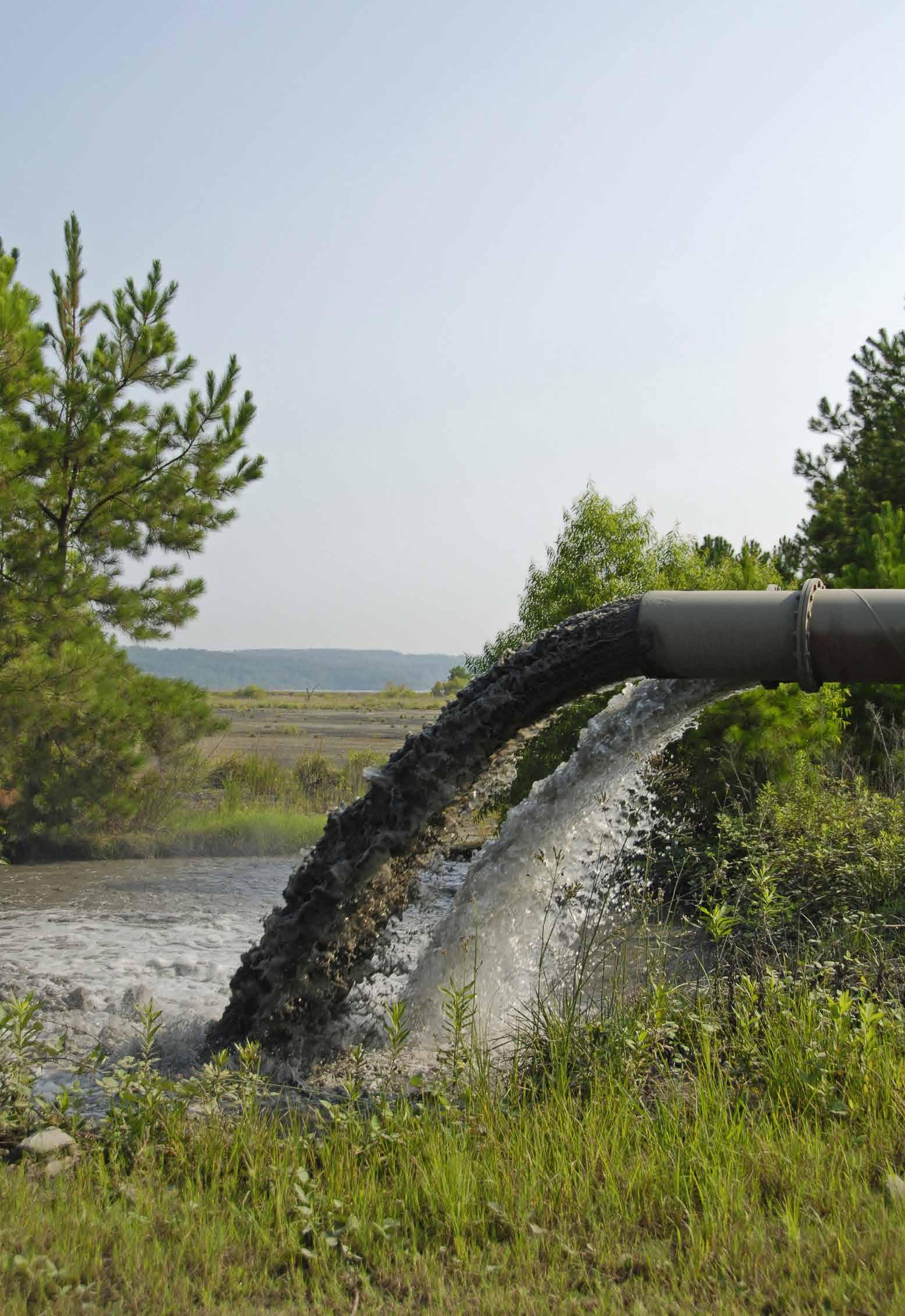
The HNC (degree Year 1) introduces you to the many facets of environmental and conservation management and addresses key global issues delivering modules ranging biodiversity, conservation and ecology to pollution and waste management.
The HND (degree Year 2) develops your competence and further expands your knowledge. Site visits, practical sessions, and field trips play an important role throughout the course.
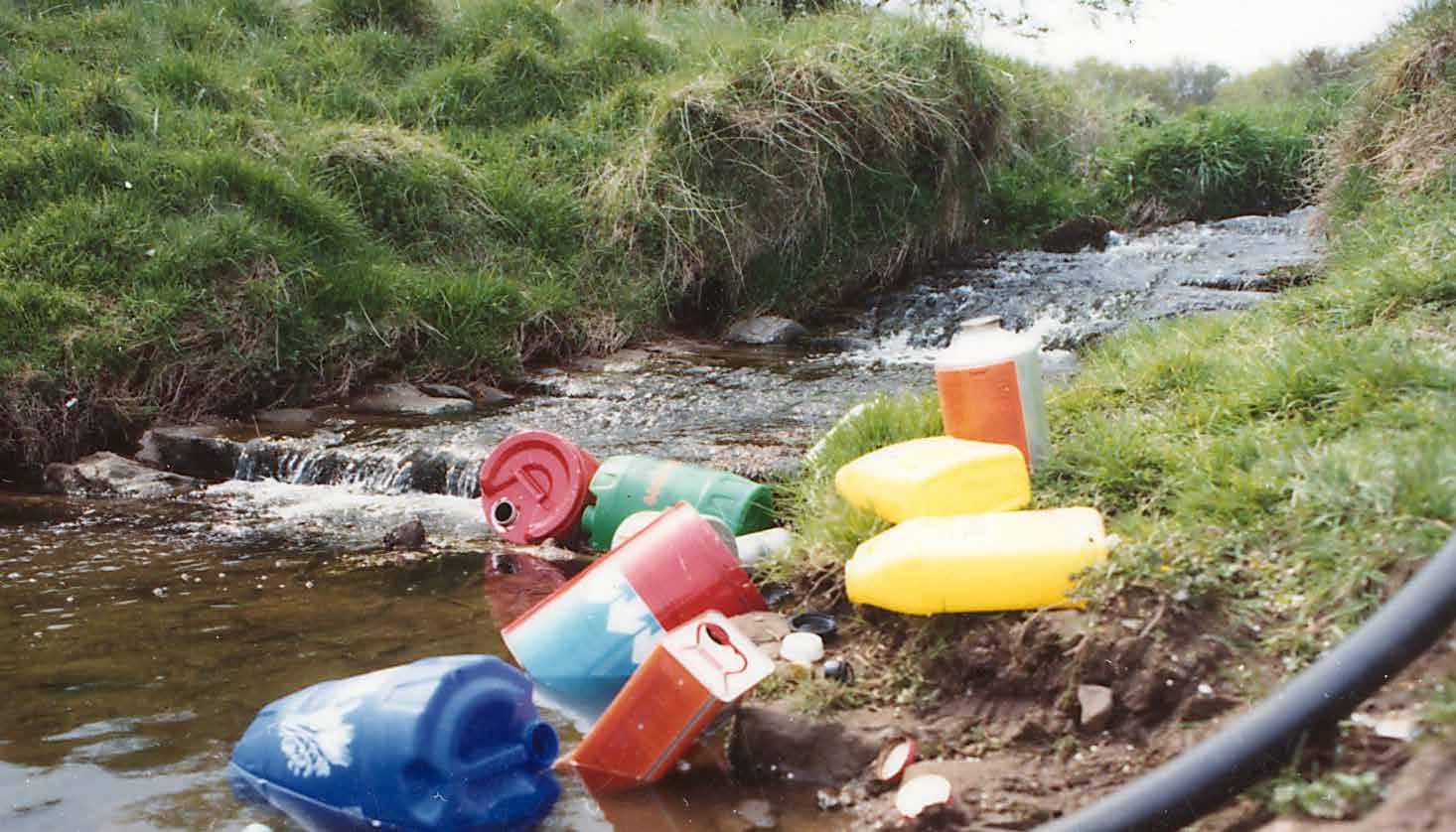
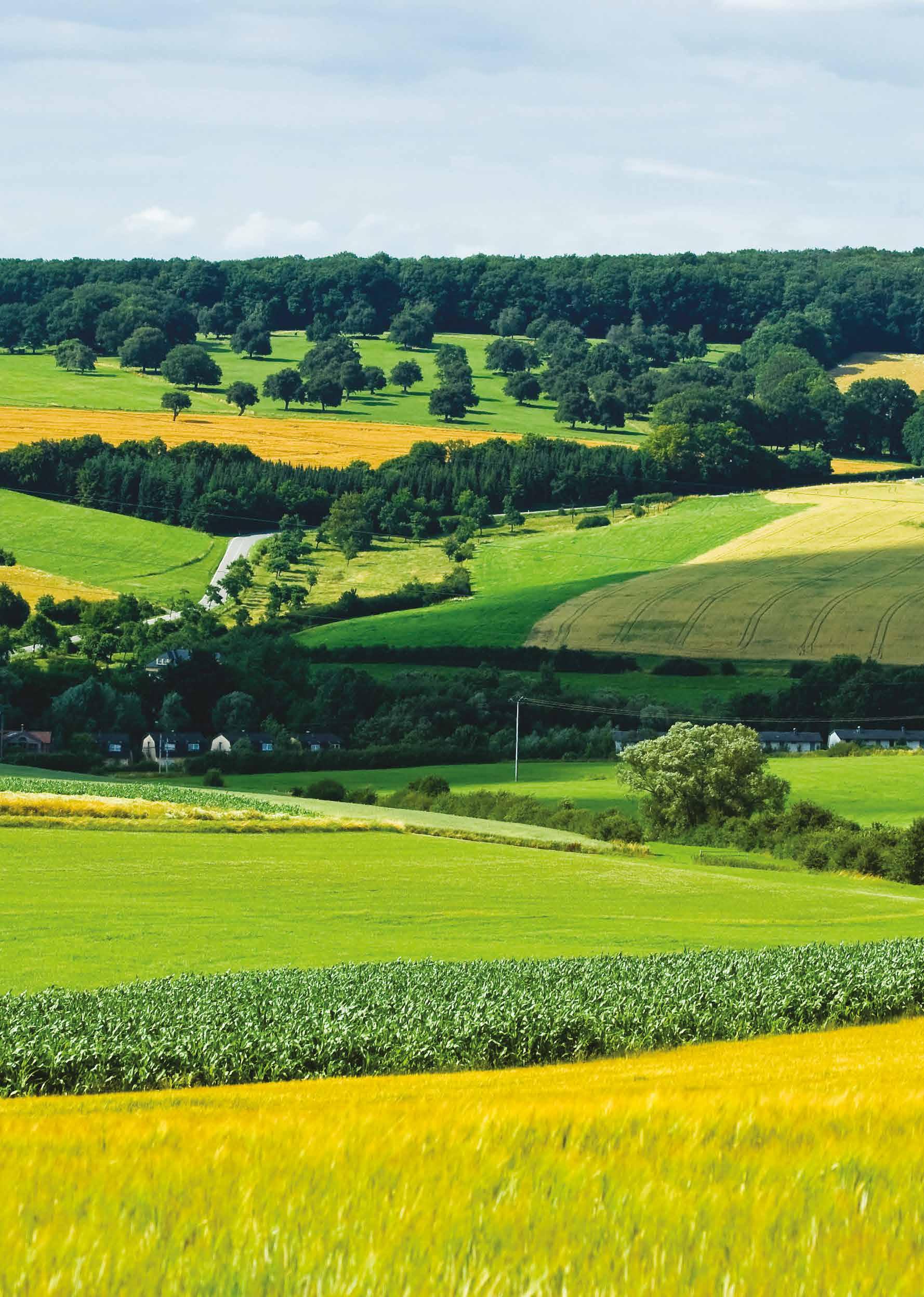
• Biodiversity Conservation
• Biology: An Introduction
• Geology and Geomorphology
• Professional Software Applications
• Rural Land Use
• Environmental Awareness
• Planning and Development: An Introduction
• Ecology and Ecosystems
• Economic Issues: An Introduction
• Environmental Management: Graded Unit 1
www.sruc.ac.uk/environment
The wide range of modules available to study allows you to tailor the degree to your interests.
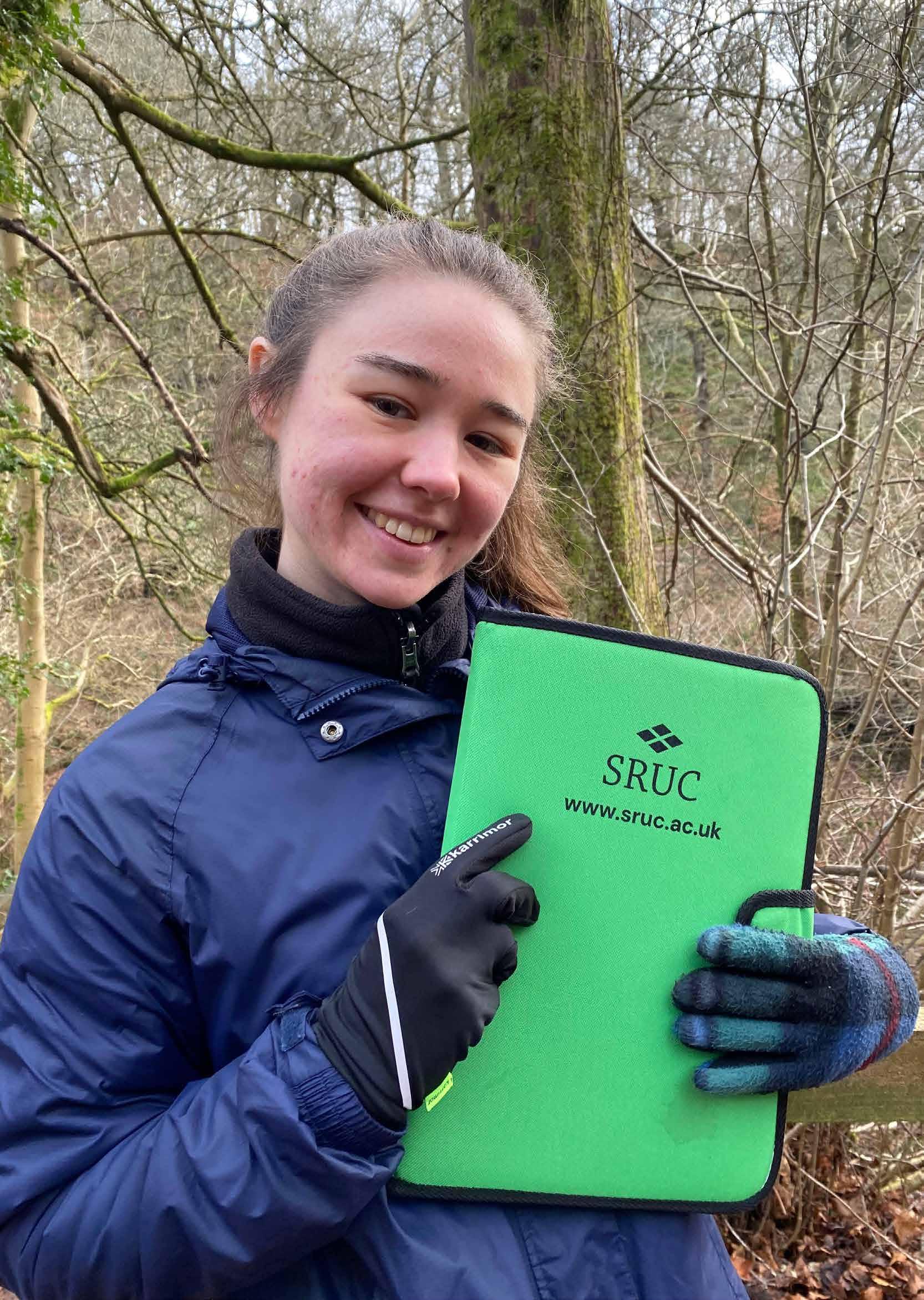
• Global Climate Systems
• Resource Economics
• Fundamentals in Geospatial and Data Analysis
• Environmental Management Systems
• Environmental Chemistry: An Introduction
• Sustainable Resource Recovery and Pollution Control
• Freshwater Environments: Management and Protection
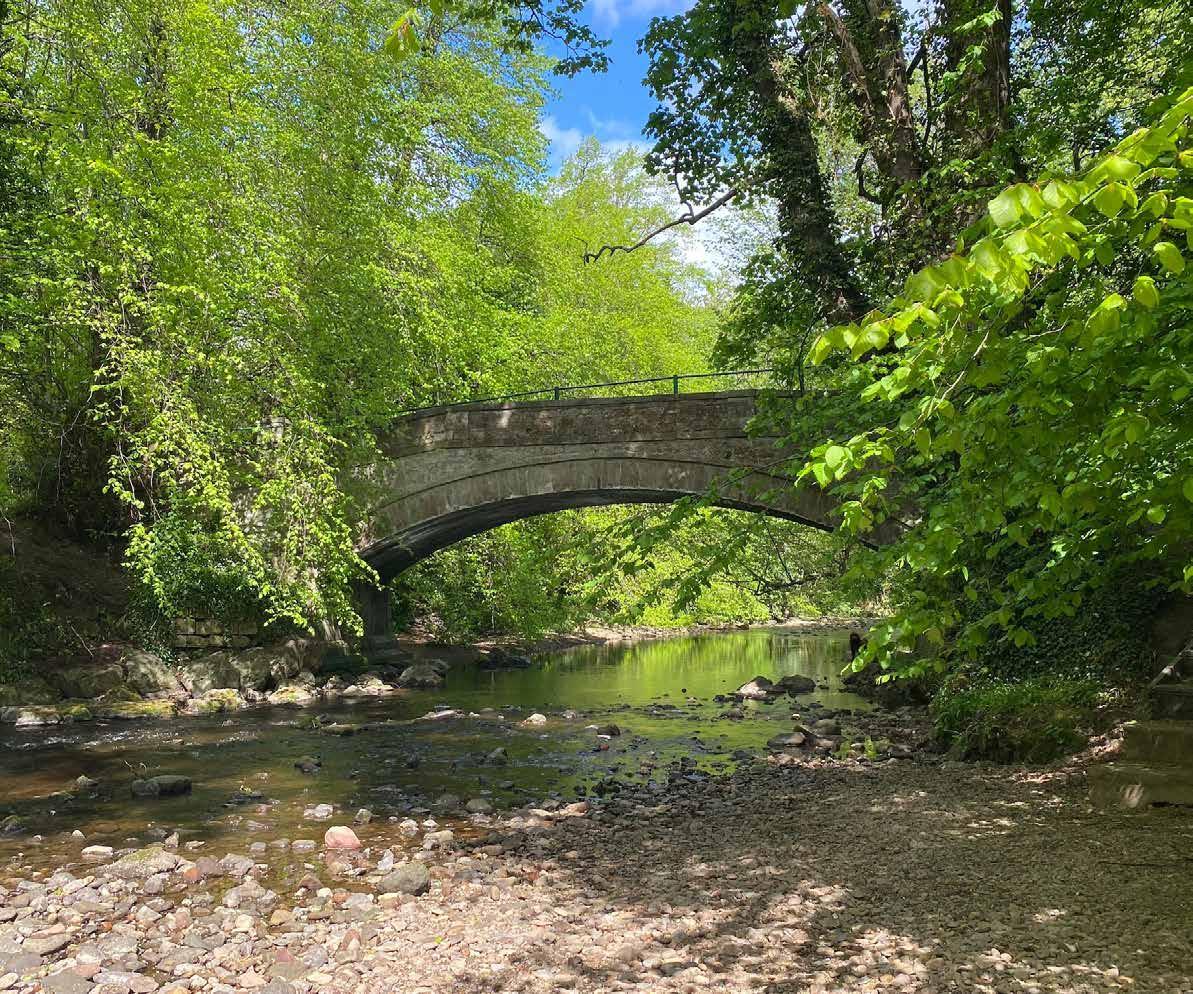
• Monitoring and Analytical Methods for Environmental Scientists Environmental Management: Graded Unit 2 & 3 www.sruc.ac.uk/environment
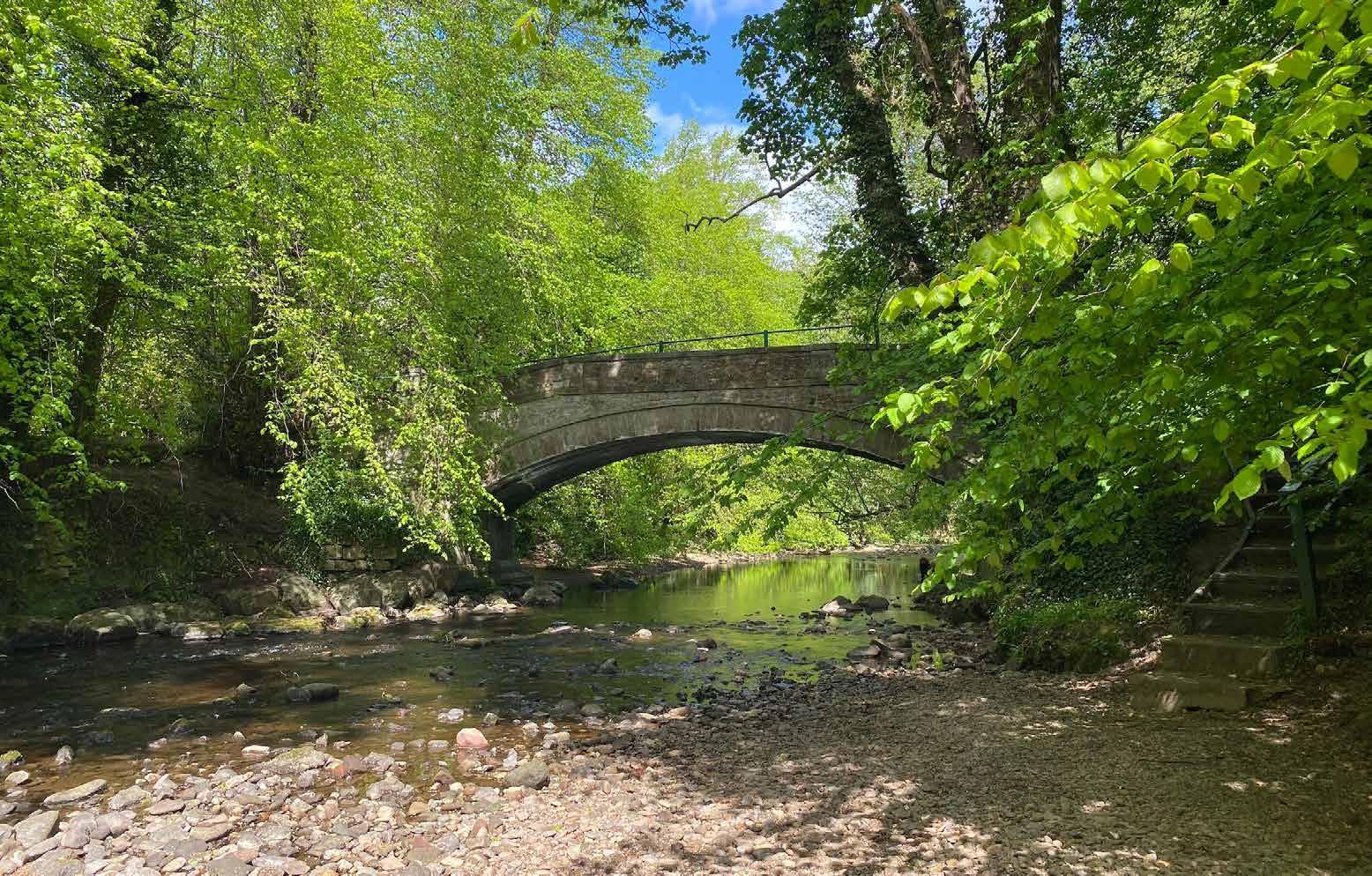
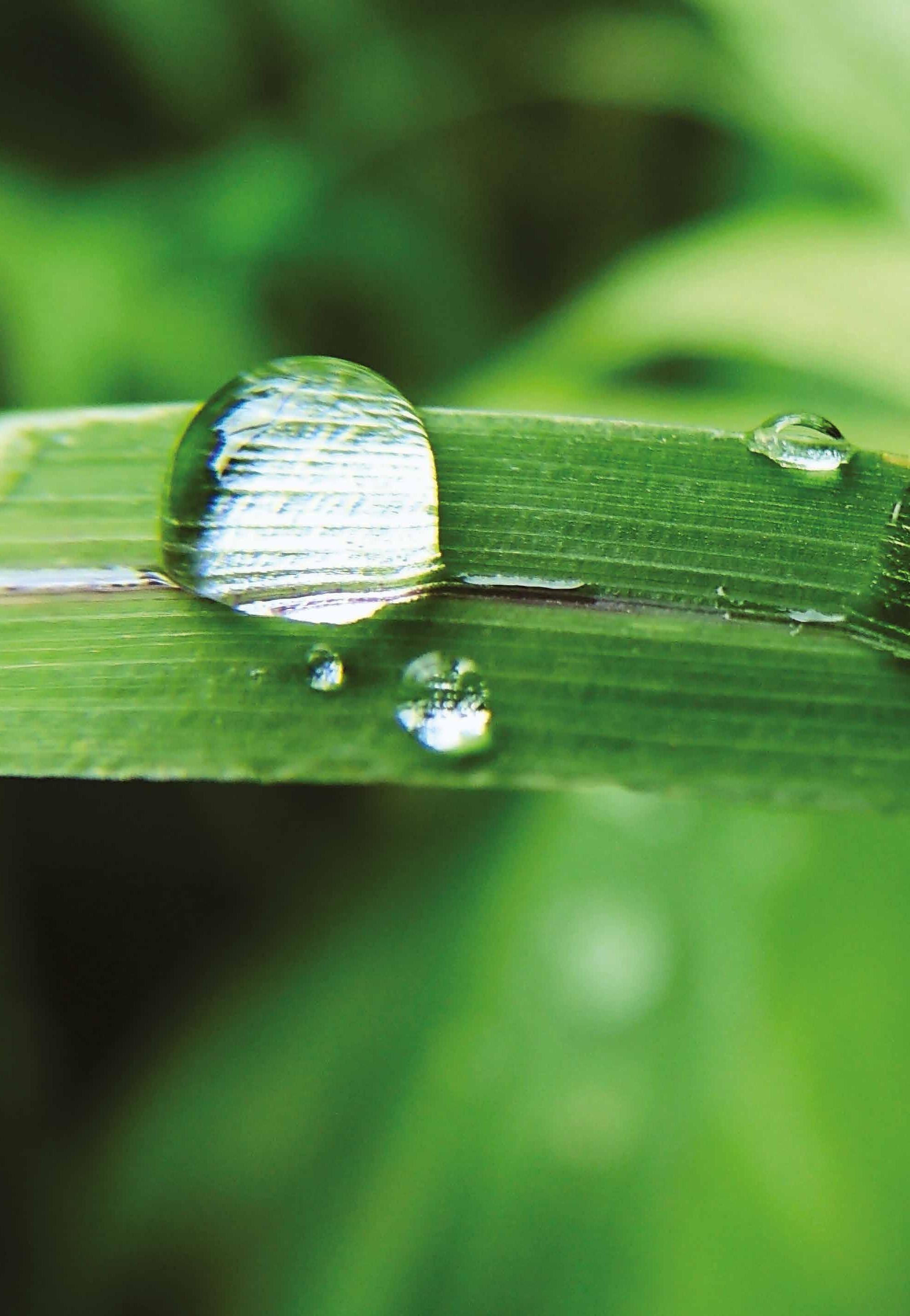

Would you like to find out more about our courses straight from the people who matter most - the students and the lecturers?
We’ve created a Virtual Experience platform where you can find great videos and examples of what it’s like to study our courses, along with campus and facility tours.
www.sruc.ac.uk/experience

Degree years will broaden and deepen your knowledge and offer a large choice of elective subjects so that your course can be tailored to suit both your interests and the subject area of your Honours project.
Modules studied in third and fourth year will ensure you have the skills relevant to industry and further study.

YEAR 3
COMPULSORY MODULES:
• Global Climate Change
• GIS and Remote Sensing
• Research Skills and Data Analysis
• Resource Efficiency and Security
• Rural Planning and Environmental Assessment
• Community Project Management
OPTIONAL MODULES:
• Innovations in Energy Supply and Management
• Ecological Principles and Practice
• Environmental Toxicology and Pollution Control
• Integrated Catchment Management
• Evolutionary Ecology Land and Habitat Restoration
• Multipurpose Woodland Management
• Economic Policy and Analysis
• Conservation Site Management
• Rural Development

YEAR 4
COMPULSORY MODULES:
• Honours Project
• Novel Strategies in Carbon Management
• Environmental Economics and Sustainable Development
OPTIONAL MODULES:
• Action for Biodiversity
• Marine Ecology
• Advanced GIS
• Practical Applications of Multipurpose Woodland Management
• Blue Green Instructure
• Environmental Modelling and Risk Management
• Environmental Policy Analysis
• Food and Agri Business Management
• Sustainable Environmental Management
• Wildlife and Resource Management
• Waste Reduction and Recycling
• Topical Issues
www.sruc.ac.uk/environment